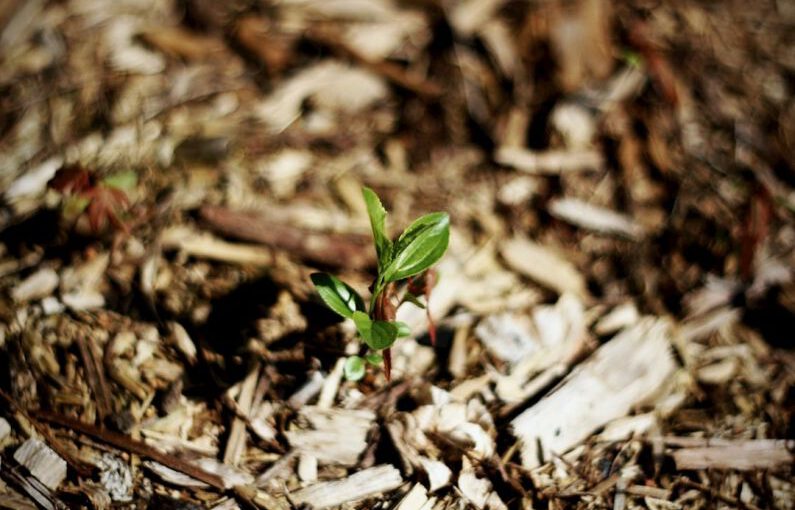Mulching is a gardening practice that involves covering the soil around plants with a layer of organic or inorganic material. This simple technique offers numerous benefits to both the soil and the plants growing in it. By understanding how mulching can positively impact your garden, you can significantly improve the health and vitality of your plants while reducing the amount of time and effort needed for maintenance.
Enhanced Soil Moisture Retention
One of the key benefits of mulching is its ability to help retain soil moisture. By creating a protective barrier on the soil surface, mulch helps prevent water evaporation, especially during hot and dry periods. This is particularly beneficial for plants with shallow roots that are more susceptible to drying out. Consistent soil moisture levels are essential for plant growth and development, making mulching an effective way to ensure that your garden remains adequately hydrated.
Weed Suppression
Mulching serves as a natural weed suppressant by blocking sunlight from reaching weed seeds germinating in the soil. Without sunlight, weeds struggle to grow and establish themselves, reducing the need for manual weeding or the use of chemical herbicides. By keeping weeds at bay, mulch helps to maintain a clean and tidy garden while minimizing competition for water, nutrients, and sunlight among your desirable plants.
Temperature Regulation
In addition to retaining moisture, mulch also plays a crucial role in regulating soil temperature. During hot weather, mulch acts as an insulating layer that helps keep the soil cool, protecting plant roots from heat stress. In colder climates, mulch provides a buffer against freezing temperatures, preventing soil temperature fluctuations that can harm plant roots. By creating a stable and moderate soil environment, mulching promotes optimal conditions for plant growth throughout the year.
Improved Soil Structure and Fertility
Organic mulches, such as compost, shredded leaves, or grass clippings, break down over time, adding valuable organic matter to the soil. This decomposition process enriches the soil with essential nutrients and microorganisms, improving soil structure and fertility. As the mulch decomposes, it enhances soil aeration, drainage, and nutrient retention, creating a healthy and vibrant growing environment for plants. By incorporating organic matter into the soil through mulching, you can boost soil health and productivity in a sustainable manner.
Protection Against Erosion
Mulch acts as a protective layer that helps prevent soil erosion caused by wind and water. By covering the soil surface, mulch reduces the impact of raindrops and runoff, minimizing soil compaction and loss. This is particularly important for sloped areas or gardens prone to erosion, where mulch can stabilize the soil and prevent nutrient leaching. By safeguarding the topsoil, mulching helps maintain soil integrity and fertility, preserving the foundation for healthy plant growth.
Pest and Disease Management
Certain types of mulch, such as cedar chips or pine straw, possess natural properties that repel insects and pests. By using these mulches in your garden, you can help deter harmful insects and reduce the risk of pest infestations. Additionally, mulch can also act as a physical barrier that prevents soil-borne diseases from splashing onto plant leaves during heavy rains. By creating a protective shield around plants, mulch contributes to overall plant health and reduces the need for chemical interventions.
In conclusion, mulching is a valuable gardening practice that offers a multitude of benefits for both the soil and plants in your garden. From moisture retention and weed suppression to soil fertility and pest management, mulch plays a crucial role in enhancing the health and vitality of your garden ecosystem. By incorporating mulching into your gardening routine, you can create a more resilient and sustainable environment for your plants to thrive.





